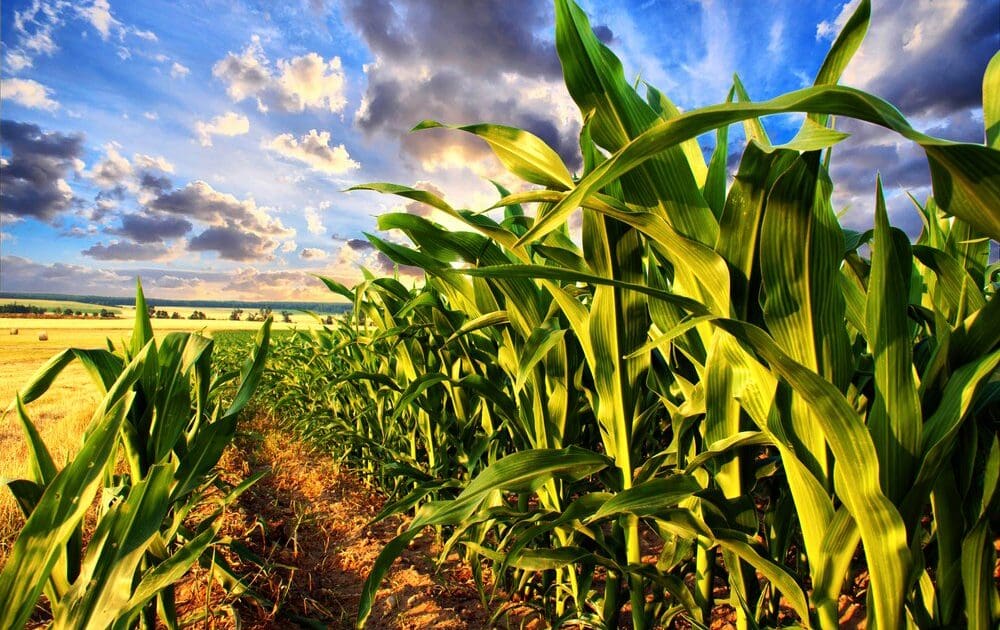2.6 Billion Pounds of Monsanto’s Glyphosate Sprayed on U.S. Crops in Past Two Decades

U.S. farmlands have been sprayed with 2.6 billion pounds of glyphosate herbicide in the past two decades, according to the U.S. Geological Survey.
Much of the herbicide’s use is centered around the Midwest, where the majority of the nation’s corn and soy are grown. The state that sprays the most glyphosate? Illinois, followed by Iowa, Minnesota, Indiana, Nebraska, Ohio, Kansas, Wisconsin, Arkansas, and Michigan.
Glyphosate, the main ingredient in Monsanto’s signature weed killer Roundup, is an herbicide and plant growth regulator. In the past two decades, its use has increased by 7 million pounds, according to the Environmental Protection Agency. The spike is due to the introduction of Monsanto’s Roundup Ready seeds, which are genetically modified to be resistant to the herbicide, and can be heavily treated without damaging the crop. Farmers have become increasingly dependent on the seeds, and today 92 percent of U.S. corn and 94 percent of U.S. soybeans are genetically modified. Corn and soybeans are most commonly treated with the herbicide, followed by cotton and wheat.
Glyphosate has come under fire in recent years out of concern for its safety. Last March, The International Agency for Research on Cancer (IARC), the cancer research arm of the World Health Organization, labeled glyphosate as a possible human carcinogen. A review of studies published in the Lancet showed that glyphosate may cause non-Hodgkin’s lymphoma, while a new study published last month found that even low doses of glyphosate (thousands of times smaller than what’s permitted in drinking water) may cause damage to the liver and kidneys of mice.
Last week, two farmers sued Monsanto, claiming that long-term exposure to Roundup caused their cancers. Enrique Rubio, a farm worker who sprayed vegetable fields in California, Texas, and Oregon, said that prolonged exposure caused his bone cancer. Judi Fitzgerald, who worked for a horticultural products company, said that her exposure caused a leukemia diagnosis. Rubio’s attorney, Robin Greenwald, says that the WHO’s probable carcinogen classification could open the door to a number of new lawsuits against the massive biotechnology and seed production company, as more and more people contend that exposure to the herbicide damaged their health.
Related on Organic Authority
Testing Foods for Glyphosate Toxicity is About to Be a Thing
From BPA to Glyphosate: What Are the Risks of Endocrine Disruptors?
Farmers Sue Monsanto Claiming Roundup Weed Killer Causes Cancer
Corn crops image via Shuttershock

